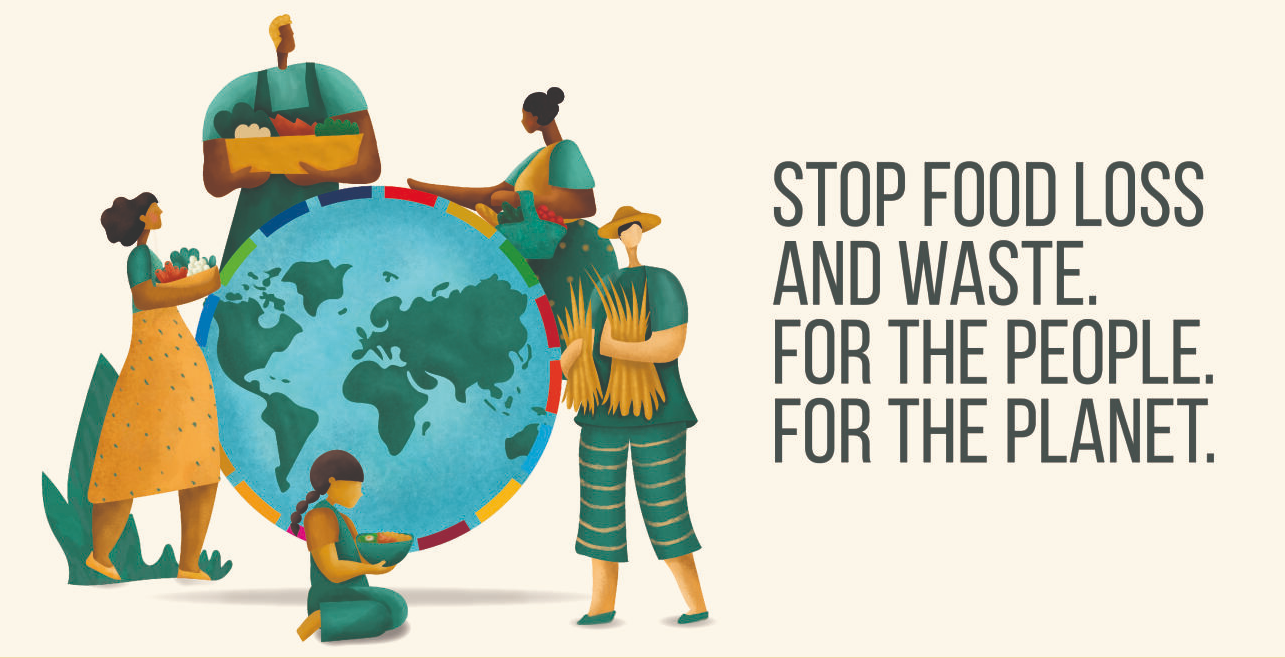Unlocking food loss and waste: a behavioural perspective

Food loss and waste (FLW) is an intricate, multidimensional socioeconomic issue that results from malfunctioning agrifood systems. Given the complex nature of the latter, comprising institutions, processes, and – importantly - people's interactions, FLW prevention and reduction should consider the complex interrelations between the various actors involved and their environments. In other words, it is important to understand human behaviour and the ways to influence it so that more sustainable choices are made by all actors all along the food chain.
This new behavioural approach to addressing FLW and some of the field evidence are presented at a webinar ‘Unlocking food loss and waste: a behavioural perspective’ today, on the International Day of Awareness of Food Loss and Waste.
Actions to transform the agrifood systems to be less wasteful and more sustainable include embedding the transition within national strategies and priorities, revising legislation to introduce economic incentives, enabling the food value chain actors to maintain profitable business models, and finally, engaging civil society and pubic as agents of change. Without the acceptance, participation, and engagement of all actors, including consumers, even the most promising technological advances and process innovations will not be successful. Without understanding human behaviour and how, when, and why farmers, innovators, and consumers make decisions, well-intended strategies, policies, and measures might not achieve the anticipated results. The multiple factors that can influence people's food choices include regulation, marketing, education, income, social norms, and cultural context. Any measures and incentives introduced to promote behaviour change should consider these factors to be effective.
Unfortunately, the data related to the causes of human behaviour around FLW is limited and fragmented. Behavioural science can improve our understanding of key barriers and levers enabling or disabling behaviour and has the potential to enhance interventions design by addressing those barriers.
Applying a behavioural lens to food loss and waste analysis
The Food and Agriculture Organization of the United Nations (FAO) has launched a pilot project in the Republic of Azerbaijan and the Republic of Georgia, that uses a behavioural approach to study food loss and waste. The findings will add a new valuable dimension to the classical method of analysis. Both countries had earlier adopted national strategies for FLW reduction and corresponding action plans, formulated in collaboration with FAO and key national stakeholders.
The project team consists of a value chain expert, a behavioural scientist, and a sociologist, who diagnose structural and psychological factors that affect decisions and behaviour along the food supply and consumption chains and explore intervention opportunities to prevent and reduce food loss and waste.
This process includes defining the desired change as a series of target behaviours (the specific behaviours by various Food Value Chain (FVC) actors to reduce food waste), localizing and assessing food waste levels and social and behavioural causes along FVCs, diagnosing and prioritizing barriers that impede target behaviours, and suggesting interventions that would eliminate those barriers or leverage drivers to stimulate desired behaviour.
With increased awareness about the multi-dimensional aspects of behaviour change, as well as insights and recommendations for good practices, stakeholders will be able to take systematic approach to tackling food loss and waste and design processes and policies that address behavioural issues, reduce friction, and facilitate a more sustainable behaviour.
